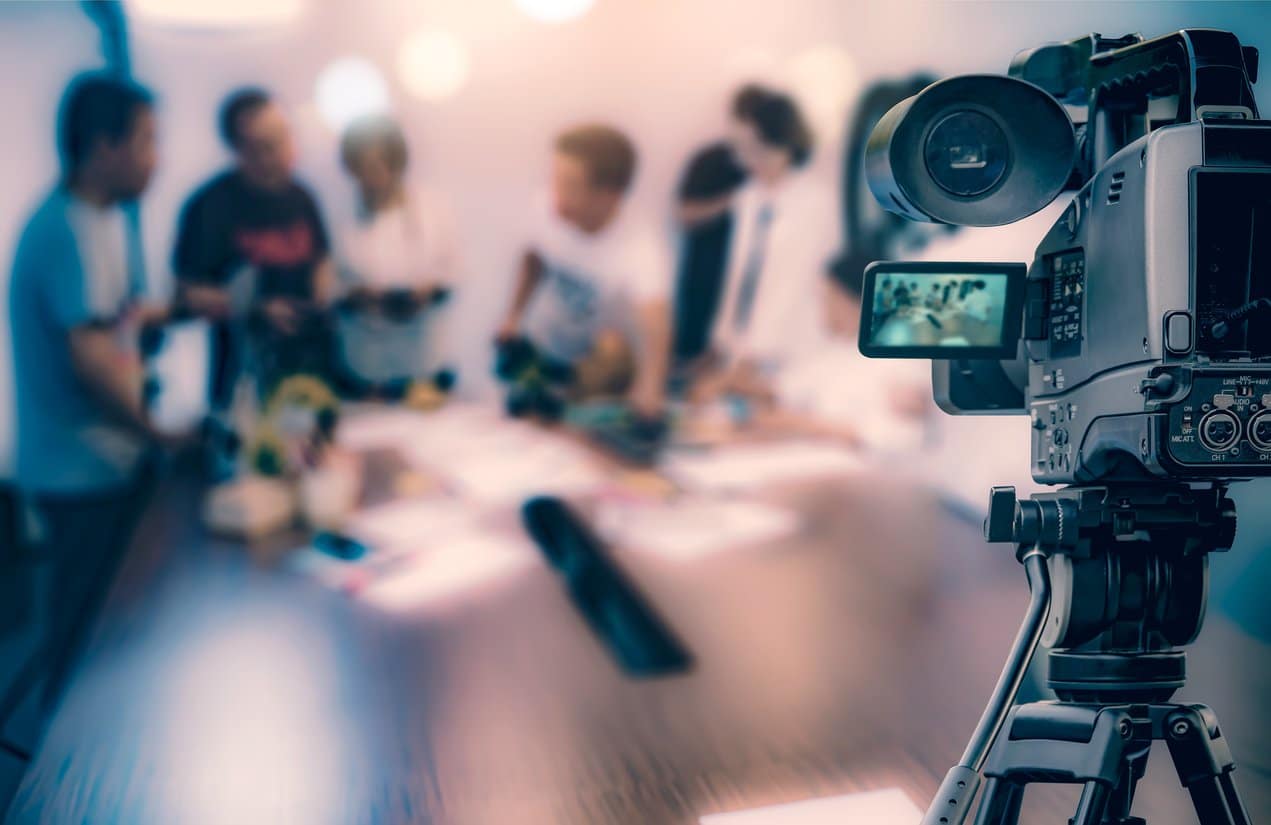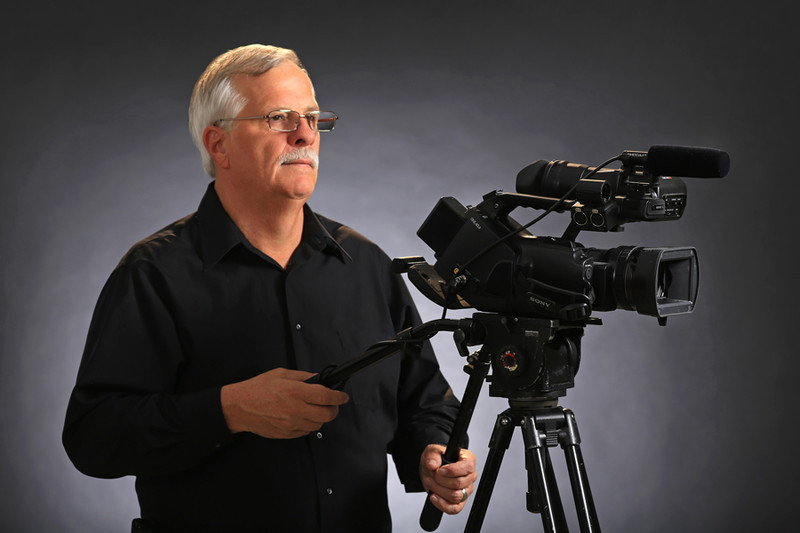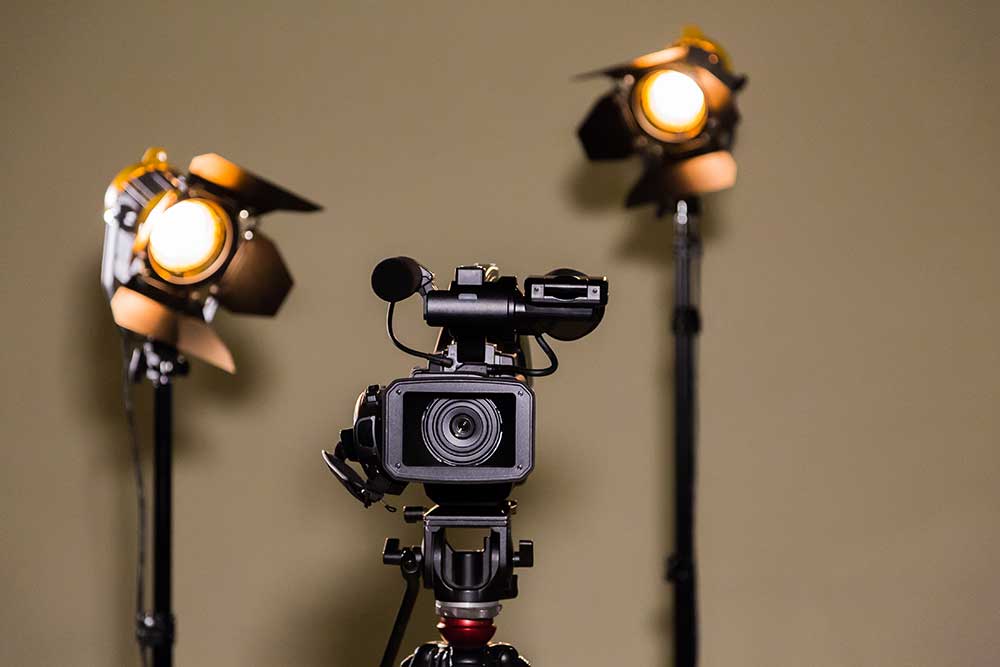The Duty of Lawful Videography in Depositions and Trials
Lawful videography has emerged as a necessary device in both depositions and trials, giving a multifaceted technique to recording witness statements. As lawful professionals increasingly recognize its worth, it triggers a deeper exam of exactly how these aesthetic records can affect juror perceptions and trial end results.

Relevance of Lawful Videography
Lawful videography plays an essential duty in the documentation and discussion of depositions and tests. This specialized field incorporates technical skills with lawful expertise to create a dependable record of process that can considerably influence instance end results. The appearance of lawful videography boosts the understanding of witness testament, allowing jurors and judges to observe not only the talked words yet additionally the disposition, emotions, and body movement of the witnesses.
In addition, lawful videography offers an objective account of events, decreasing the capacity for false impression that can occur with written records alone. This aesthetic documents functions as a critical device during trial presentations, facilitating a more clear and even more convincing narrative for both complainants and offenders. Moreover, the capability to replay video sectors throughout court procedures enables lawful groups to emphasize key factors, strengthening their arguments effectively.
The importance of lawful videography prolongs past the court; it also plays an essential function in preserving proof for future reference, whether for charms or further lawful action. Its assimilation into the lawful process is necessary for ensuring a reasonable and exact representation of the realities, eventually adding to the pursuit of justice.

Process of Legal Videography
While recording the nuances of depositions and trials, the procedure of lawful videography involves a number of essential steps that guarantee high-grade, accurate recordings. At first, a specialist legal videographer prepares by evaluating the situation products and understanding the certain needs of the deposition or trial. This prep work consists of familiarizing themselves with the individuals and the context, which assists in capturing significant details.
On the day of the recording, the videographer establishes up the essential tools, which generally consists of high-def cameras, microphones, and proper illumination. Making certain optimum angles and audio top quality is essential, as it directly influences the performance of the recording. The videographer connects with lawyers and participants to establish protocols, making certain that every person recognizes the recording process.
During the deposition or trial, the videographer carefully records the procedures, paying very close attention to both spoken and non-verbal cues. This consists of catching the attitude and reactions of witnesses and attorneys. After the session wraps up, the videographer might modify the footage for quality and conformity with legal standards, generating a last product that properly shows the proceedings for future referral and use in legal contexts.
Advantages in Depositions
The consolidation of videography in depositions offers various advantages that boost the overall procedure of gathering proof. One main benefit is the capability to catch witness testaments with aesthetic and acoustic integrity, offering an extra accurate depiction of the witness's disposition, tone, and body language. This multidimensional strategy enables lawyers and juries to assess reputation a lot more efficiently than typical written transcripts alone.
In addition, videographed depositions serve as an effective tool for maintaining statement. Should a witness ended up being inaccessible for trial, their taped deposition can be played in court, guaranteeing that their proof browse around this web-site continues to be available and pertinent. This aspect substantially reduces the danger of shedding essential details that could affect instance outcomes.

Lastly, videography enhances the overall professionalism and trust of the deposition procedure, instilling self-confidence in customers relating to the thoroughness of their lawful depiction (legal videography). By leveraging modern technology, lawful specialists can dramatically improve the effectiveness of depositions
Influence On Tests
In several tests, the combination of videography can substantially affect the discussion of evidence and the jury's understanding. Legal videography catches witness statements and important evidence in a dynamic format, permitting jurors to involve with the material on multiple levels. This aesthetic element enhances the narration element of a trial, providing context and psychological vibration that conventional text-based proof might lack.
Furthermore, video clip recordings can act as powerful tools for impeachment throughout cross-examination. When disparities develop between a witness's prior declarations and their courtroom testament, video evidence gives an unbiased referral that can sway jurors' opinions. This immediacy and quality can boost the reputation of a celebration's story while concurrently undermining opposing debates.

Future Trends in Legal Videography
As we look towards the future of lawful videography, a number of arising patterns guarantee to reshape its function within the court. One considerable pattern is the combination of man-made intelligence (AI) in video analysis and editing. AI can streamline the process of identifying vital minutes in videotaped depositions, permitting lawyers to rapidly access appropriate content, thereby boosting performance in situation preparation.
Additionally, the surge of digital truth (VR) and augmented fact (AR) modern technologies is anticipated to transform how jurors experience proof. legal videography. By immersing jurors in a simulated setting, these innovations can offer a more extensive understanding of complicated scenarios, leading to even more educated deliberations
In addition, the raising demand for remote depositions, accelerated by the COVID-19 pandemic, will likely More Bonuses proceed. Legal videographers will certainly require to adapt to brand-new software application and platforms to make certain top notch recordings in online settings.
Last but not least, the growing focus on data security will certainly necessitate more stringent procedures for saving and sharing video proof. As the legal landscape advances, lawful videographers must remain abreast of these trends to keep their significance and effectiveness in the judicial process.
Verdict
In summary, lawful videography offers a critical function in the judicial procedure, enhancing the integrity of depositions and tests. As modern technology continues to progress, lawful videography is positioned next to more transform its role within the legal landscape.